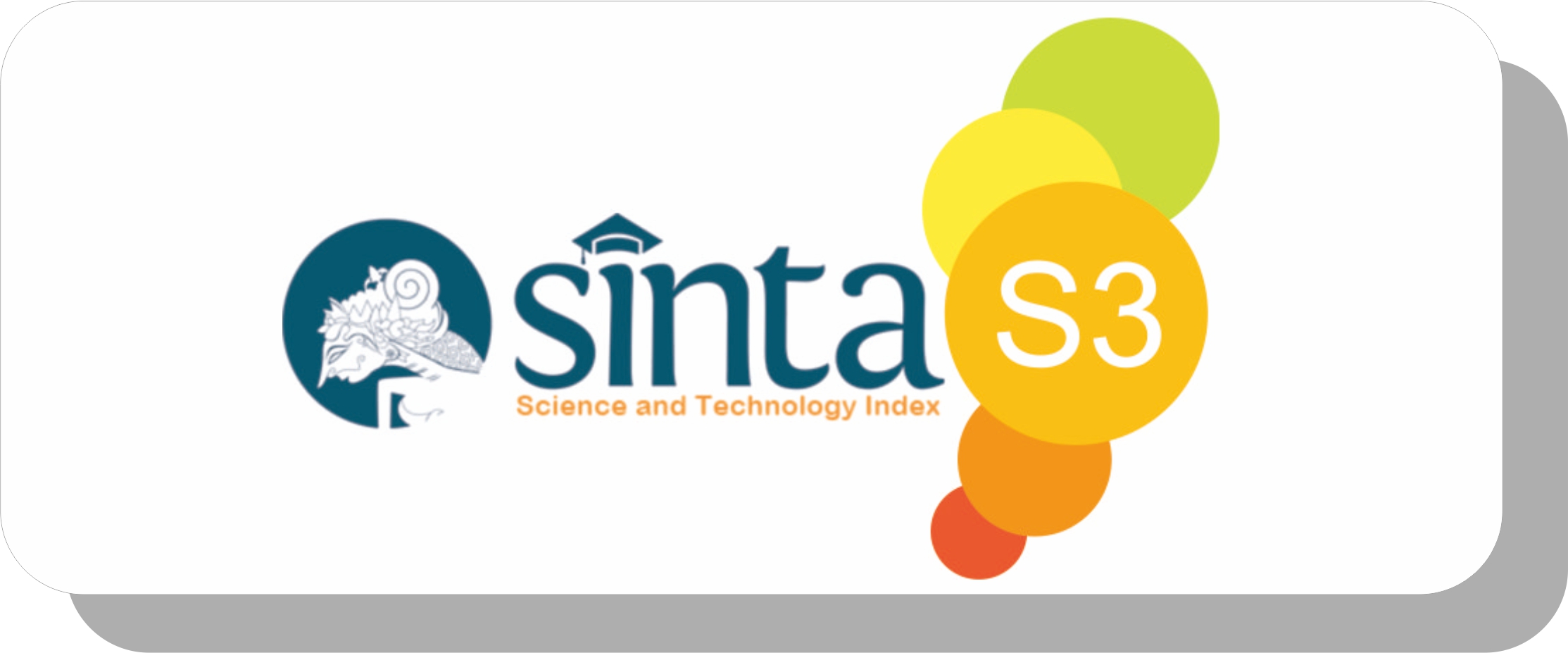Science Diplomacy and South-South Cooperation for Emergency Response: The Case of COVID-19 pandemic in Latin America
DOI:
https://doi.org/10.22219/sospol.v6i2.11647Keywords:
Science Diplomacy, South–South Cooperation, Latin America, COVID-19, Emergency ResponseAbstract
Abstract
Latin America is a highly culturally and socioeconomically diverse region and it has a long story dealing with a weak, inequitable, inefficient and fragmented health system. The world faces a global health crisis without precedent, where global action and solidarity are crucial. This article highlights the importance of South-South cooperation actions based on science diplomacy, from countries in Latin America, for health-related emergencies, such as the COVID-19 pandemic. As the qualitative research, this article will first present the concepts of science diplomacy and South-South Cooperation; secondly it will describe how these two concepts can contribute to emergencies associated with health related situations. Then, this article will review initiatives from Latin America to address the current pandemic. Finally, the general conclusions of the article will be presented. The management of the pandemic requires the best public health strategies contributing to its containment, but also an integrated approach using the transfer of good practices between the Global South, creating a network of scientists and diplomats working together to find possible solutions to the disease. South-South cooperation in Latin America occurs mainly bilaterally, especially with other countries in the Global South. Latin America has to work as a region to generate more spaces for collaboration, addressed by governments to achieve universal health.
Downloads
References
Adolin, B. N. (2020). Southern Perspectives on Science Diplomacy. In Southern Perspective on Science Diplomacy (pp. 71–74). New Delhi: RIS.
Balakhrisnan, B. (2018). Technology and International Relations. Challenges for the 21st Century. New Delhi.
Cabot, E. A. (2014). Una aproximación a la concepción de ciencia en la contemporaneidad desde la perspectiva de la educación científica. Ciência & Educação (Bauru), 20(3), 549–560. https://doi.org/10.1590/1516-73132014000300003
Chaturvedi, S. (2016). The Development Compact: A Theoretical Construct for South-South Cooperation | Research and Information System For Developing Countries. New Delhi. Retrieved from https://www.ris.org.in/development-compact-theoretical-construct-south-south-cooperation
Colombia, G. de. (2020). Colombia recibe donaciones de China por 1,5 millones de dólares para enfrentar covid-19. Retrieved September 19, 2020, from https://id.presidencia.gov.co/Paginas/prensa/2020/Colombia-recibe-donaciones-de-China-por-1-5-millones-de-dolares-para-enfrentar-covid-19-200507.aspx
Dados, N., & Connell, R. (2012). The Global South. Contexts, 11(1), 12–13. https://doi.org/10.1177/1536504212436479
de Renzio, P., & Seifert, J. (2014). South–South cooperation and the future of development assistance: mapping actors and options. Third World Quarterly, 35(10), 1860–1875. https://doi.org/10.1080/01436597.2014.971603
El Comercio. (2020). South American countries agree to protect borders and buy medical supplies due to coronavirus | Trade. Retrieved September 19, 2020, from https://www.elcomercio.com/actualidad/paises-sudamerica-proteccion-fronteras-coronavirus.html#cxrecs_s
Fedoroff, N. V. (2009, January 9). Science Diplomacy in the 21st Century. Cell. Cell Press. https://doi.org/10.1016/j.cell.2008.12.030
Gluckman, P., Turekian, V., Grimes, R., & Kishi, T. (2017). Science Diplomacy: A Pragmatic Perspective from the Inside | Science & Diplomacy. Retrieved September 19, 2020, from https://www.sciencediplomacy.org/article/2018/pragmatic-perspective
Gustavo, R., & Degaldo, M. (2019). Co-development and Global Political Economy (GPE): The Role of the South – South Cooperation.
Hassan, M. (2020). STI Cooperation in Arab Countries: Challenges and Opportunities. In Research and Information System for Developing Countries (Ed.). In Southern Perspectives on Science Diplomacy (pp. 59–62). New Delhi: RIS.
Jaramillo, J., & Vera Lugo, J. P. (2013). View of Ethnographies from and about the global South. Introductory Reflections. Universitas Humanística. Retrieved from https://revistas.javeriana.edu.co/index.php/univhumanistica/article/view/5957/4807
Martín Faus, C. D. (2015). La Cooperación Sur-Sur y el desarrollo del Sur global. Universitat Autònoma de Barcelona. Retrieved from https://www.tdx.cat/handle/10803/291818#page=1
Mercosur. (2020a). Mercosur allocates an emergency fund of 16 million dollars to combat COVID-19 in the region - Mercociudades. Retrieved September 19, 2020, from https://mercociudades.org/mercosur-asigna-fondo-de-emergencia-de-16-millones-de-dolares-para-combatir-el-covid-19-en-la-region/
Mercosur. (2020b). The Contribution to the Pasteur Institute of Montevideo and its contribution to the fight against COVID 19. :: FOCEM. Retrieved September 19, 2020, from https://focem.mercosur.int/es/noticia/el-aporte-al-instituto-pasteur-de-montevideo-y-su-contribucion-al-combate-al-covid-19/
Mercosur. (2020c). What is FOCEM :: FOCEM. Retrieved September 19, 2020, from https://focem.mercosur.int/es/que-es-focem/
Mostafa Safdari Ranjbar, M. E. (2019). (PDF) Science Diplomacy in Iran: Strategies and Policy Alternatives in the Making. Science Diplomacy Review. Retrieved from https://www.researchgate.net/publication/335756776_Science_Diplomacy_in_Iran_Strategies_and_Policy_Alternatives_in_the_Making
Roa, A. C., & De Santana, J. P. (2012). Regional integration and south-south cooperation in health in Latin America and the Caribbean. Revista Panamericana de Salud Publica/Pan American Journal of Public Health, 32(5), 368–375. https://doi.org/10.1590/S1020-49892012001100007
Royal Society. (n.d.). GCSA: Guidelines on scientific analysis in policy making | Royal Society. Retrieved September 19, 2020, from https://royalsociety.org/topics-policy/publications/2005/scientific-policy-making/
Swiss Academy of Medical Science. (2013). (No Title). Geneva, Swiss. Retrieved from https://www.graduateinstitute.ch/sites/internet/files/2019-02/Report_6thHLS_v5_web.pdf
Tickner, I. B. and A. B. (2017). Introduction: South–South Cooperation Beyond the Myths—A Critical Analysis. LOndon: Palgrave Macmillan.
United Nations. (2016). The Global Guardian of Public Health.
United Nations. (2020). Capacity-building | Academic Impact. Retrieved September 21, 2020, from https://academicimpact.un.org/content/capacity-building
Vadell, J., Lo Brutto, G., & Leite, A. C. C. (2020). The chinese south-south development cooperation: An assessment of its structural transformation. Revista Brasileira de Politica Internacional, 63(2). https://doi.org/10.1590/0034-7329202000201
WHO. (2017). WHO | IHR Procedures concerning public health emergencies of international concern (PHEIC). WHO. Retrieved from http://www.who.int/ihr/procedures/pheic/en/
World Bank. (n.d.). World Bank Group Response to COVID-19 Increases to $ 14 Billion to Help Sustain Economies and Protect Jobs. Retrieved September 21, 2020, from https://www.bancomundial.org/es/news/press-release/2020/03/17/world-bank-group-increases-covid-19-response-to-14-billion-to-help-sustain-economies-protect-jobs
Downloads
Published
How to Cite
Issue
Section
License
Authors who publish with this journal agree to the following terms:
- Authors retain copyright and grant the journal right of first publication with the work simultaneously licensed under a Creative Commons Attribution-ShareAlike 4.0 International License that allows others to share the work with an acknowledgement of the work's authorship and initial publication in this journal.
- Authors are able to enter into separate, additional contractual arrangements for the non-exclusive distribution of the journal's published version of the work (e.g., post it to an institutional repository or publish it in a book), with an acknowledgement of its initial publication in this journal.
- Authors are permitted and encouraged to post their work online (e.g., in institutional repositories or on their website) prior to and during the submission process, as it can lead to productive exchanges, as well as earlier and greater citation of published work (See The Effect of Open Access).

This work is licensed under a Creative Commons Attribution-ShareAlike 4.0 International License.



















